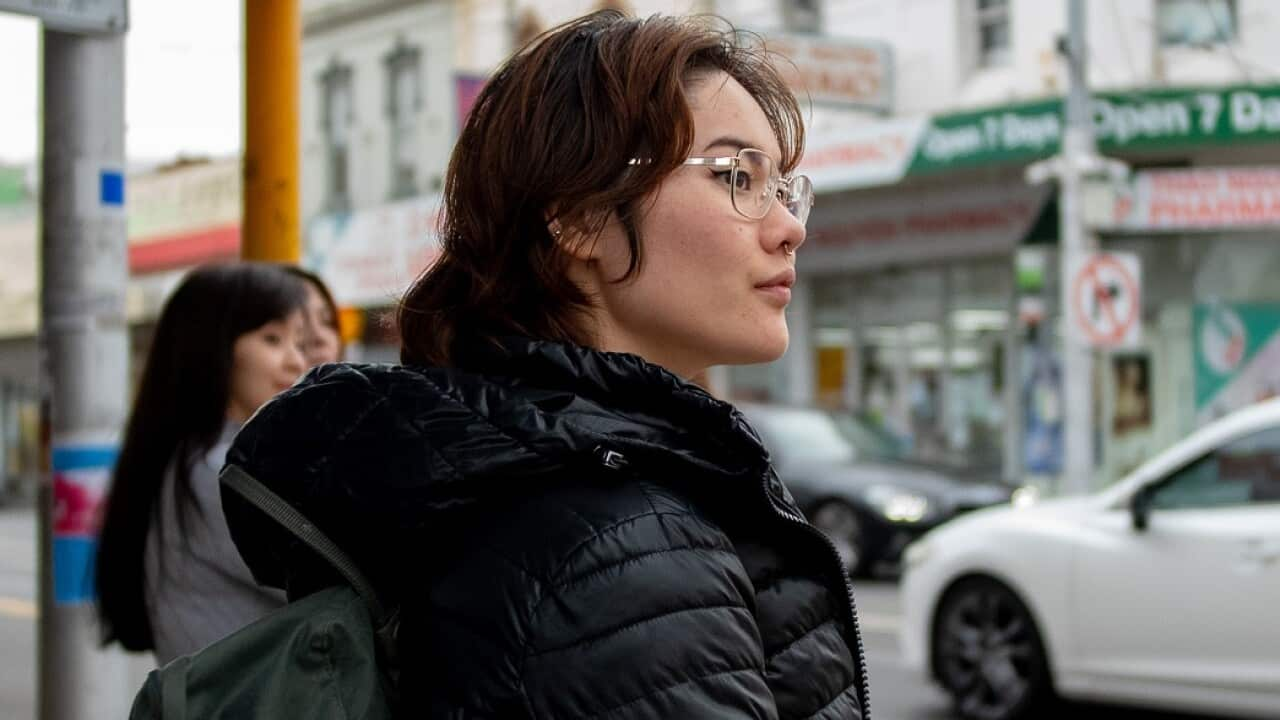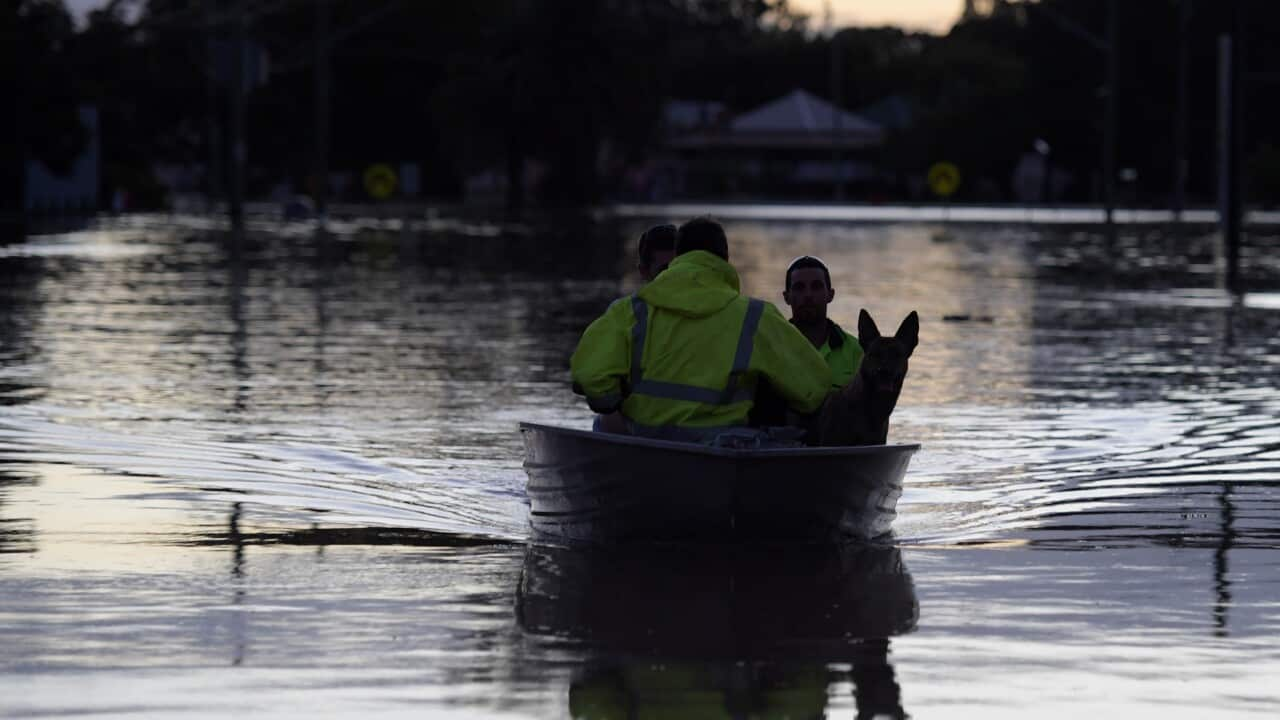Key Points
- Australia's extended COVID-19 lockdowns hit many people's mental health hard.
- For young migrants struggling to find their feet, it was an especially lonely and jarring two years.
Like many, Lehan Zhang felt the sting of loneliness during Sydney's prolonged COVID-19 lockdowns.
Cooped up with an unfamiliar housemate and a long way from friends and family in Canberra, Lehan felt socially disconnected and isolated.
"It was very much me being alone the whole time, and it was very isolating and very different, I guess, being used to going to uni, seeing people and socialising," they said.
But Lehan, who arrived in Australia with their parents from China at age one, said growing up with mental health conditions had a unique cultural challenge that bubbled under the surface.
LISTEN TO

The COVID-19 pandemic was an uncertain and challenging time for everyone. And for young people in Australia from culturally and linguistically diverse communities, there were some shared challenges.
SBS News
02/09/202206:34
Cultural differences between Lehan and their parents meant struggling to communicate emotions and deeper mental health problems that could be wholly understood.
"Later on, when I went through anxiety ... to them, my mental health wasn’t a real thing," Lehan said.
"How’d they’d grown up, mental health just wasn’t talked about, they didn’t have a good understanding of it."
The COVID-19 pandemic was an uncertain and challenging time for everyone. But for young people in Australia from culturally and linguistically diverse communities, there were some particular challenges.
As lockdowns confined people to their homes, difficulties with mental health may have been a taboo topic or not even recognised in some cultural contexts.
Children's levels of depression 'really concerning'
In a national online survey by the Australian Human Rights Commission released last week, one in five young Australians between nine and 17 reported feeling more down, scared or worried than they did before the pandemic hit.
The survey commissioned responses from more than 4,500 children in that age group, and just under 3,000 from parents and guardians.
Clinical psychologist and senior research associate at the Black Dog Institute Gemma Sicouri said declining mental health rates in children is the biggest cause for concern.
"Children typically report lower levels of things like depression and inattention difficulties, compared to adolescents," Dr Sicouri said.
"But during the pandemic, they were experiencing similar levels of depression, which was a really concerning finding.”
Mental health is like a taboo topic at home so no one discusses that.Mohammed Mohideen
And for Australia's many culturally diverse children and adolescents, lockdowns presented even more unique social isolation issues.
Victorian multicultural commissioner Mohamed Mohideen worked at the forefront of the state government's COVID-19 response for multicultural and multi-faith communities.
Dr Mohideen said lockdowns in particular had unique impacts on these communities.
"I think there was a sense of loneliness, a sense of isolation, and lack of community networking, community engagement," he said.
"[Culturally and linguistically diverse] communities are very much a touchy-feely, close-proximity, close network, and not being able to reach out to each other during times of distress and times of hardship was one of the biggest problems."
Dr Mohideen also said in many communities, especially in newer migrant communities, the concept of mental health is complicated and is considered a "taboo topic".
"Mental health is like a taboo topic at home so no one discusses that," he said.
"People come from various countries where they’ve gone through trauma or even, in refugee camps through violence and all of that. They have dealt with issues on their own and they wouldn’t even identify some of these issues as mental health problems."
'Trust your gut and reach out'
Lehan's key support during Sydney's lockdown was newly-learned coping mechanisms to combat feelings of isolation and loneliness.
"I’ve learned a lot of skills which I was able to practise through lockdown, such as sticking to a schedule to help me get through the day, and also making sure to have regular social check-ins and also check-ins with friends and family to make sure that they’re OK.”
Backing one's self and mental health is crucial beyond all, Lehan said.
“You should trust your gut and reach out, even if those who may be very close to you don’t necessarily support you," they said.
"I think it’s important to not externalise the stigma that you may see, perhaps coming from your community. It’s important to trust in yourself and to have the confidence to advocate for yourself.”
Readers seeking support with mental health can contact Beyond Blue on 1300 22 4636. More information is available at . supports people from culturally and linguistically diverse backgrounds.
Headspace offers support for young people and their mental health. More information is available at










